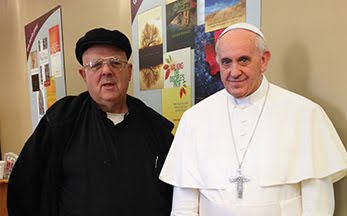 Richard Florida has been studying and writing on how and why some areas grow and some don't. His book The Rise of the Creative Class (2002) posited that some areas grow because they have the lifestyles and amenities that attract highly educated and talented young people. Austin would be an example because of the rapid grow of the high tech industry. Companies used to invite young men to a "Bricks and Chicks Tour." They would show them where they could buy a large, new home fairly cheaply and also the fun, entertainment life of Sixth Street.
Richard Florida has been studying and writing on how and why some areas grow and some don't. His book The Rise of the Creative Class (2002) posited that some areas grow because they have the lifestyles and amenities that attract highly educated and talented young people. Austin would be an example because of the rapid grow of the high tech industry. Companies used to invite young men to a "Bricks and Chicks Tour." They would show them where they could buy a large, new home fairly cheaply and also the fun, entertainment life of Sixth Street.
Such areas would grow more rapidly as there grew a critical mass of talent, so that companies would keep attracting more talent and more economic growth. Such areas were also known for a high tolerance of diversity, as well as a growing economic inequality.
This new book--which I am still reading--is a study of the problems of the economic inequality. One of the resulting problems is that high inequality results in slow economic growth.
As I read this, I wonder what the implications are for parishes. Some parishes are in fairly wealthy, growing areas. Others are in very poor areas. Yet all are expected to grow, to provide pastoral care, and help support the structure of the diocese (which is needed for the benefit of all the parishes).
As I read this, I wonder what the implications are for parishes. Some parishes are in fairly wealthy, growing areas. Others are in very poor areas. Yet all are expected to grow, to provide pastoral care, and help support the structure of the diocese (which is needed for the benefit of all the parishes).
More to come as we go along....
